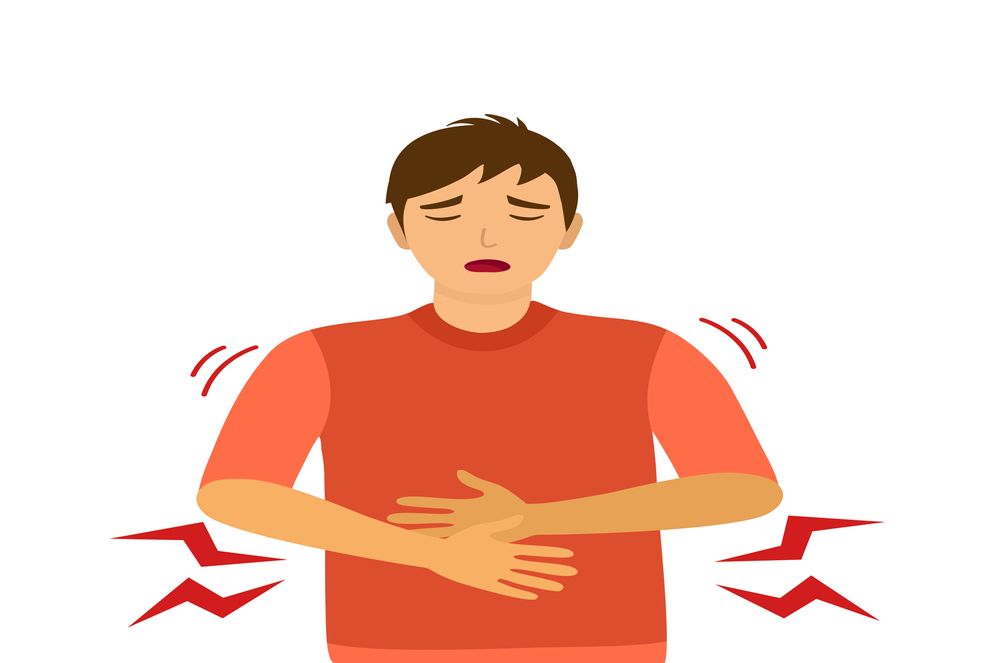Surgery

Chronic diarrhea may be temporarily relieved by antibiotics, rest, astringents, strict diet, and antiperistaltic drugs, as well as lower abdomen irrigation. However, it often returns after the patient resumes activities like eating normally, and discontinues medications. (11)
Patients with chronic diarrhea are not usually treated with surgery as their first option. Their diarrhea can be cured by other remedies and treatments. Patients who have failed all other types of treatment should be considered for surgical intervention and if there is a suspicion of malignancy in the biopsy results for chronic diarrhea.
Is Surgery Necessary?
However chronic the inflammation or ulceration of the intestine becomes, it often cannot be cured unless surgery is performed. Patients with diarrhea have been permanently cured through surgery and irrigation who had previously been treated nonsurgically for months or years.
A modern surgeon or physician understands that bowel lesions need to be removed or directly treated in order to properly address chronic diarrhea; it is time for the profession to move beyond “intestinal stasis” by concentrating on the surgical treatment of otherwise incurable chronic diarrhea.
Surgeries With a Higher Risk
Diarrhea can occur for a variety of reasons, including surgery, particularly abdominal surgery. There is a higher possibility of chronic diarrhea following certain types of surgery. Such surgeries include:
- Gallbladder
- Stomach
- Spleen
- Appendix
- Liver
- Small intestine
- Large intestine
- Pancreas
What exactly causes chronic diarrhea in some people following surgery?
The following are some possible explanations:
- Surgical site infection caused by bacterial overgrowth.
- Stomach emptying more rapidly, generally following stomach surgery.
- Absorption of nutrients in the intestines is poor, especially if a portion of the intestines was removed.
- Increasing bile production, which can act as a laxative; usually occurs during surgeries of the liver or gallbladder.
Common Channel Lengthening (CCL)
Sometimes, doctors often perform another surgery to treat this kind of chronic diarrhea. The length of the intestine is increased through a surgical procedure known as common channel lengthening (CCL). The food or drink stays in the intestines a bit longer, causing the food to be digested more effectively. Increasing absorption in the small intestine decreases diarrhea, and this is the primary purpose of the procedure.
After a few days following this surgery, diarrhea will usually go away on its own with proper self-care. However, if you are still experiencing diarrhea after two days or if your child continues to have diarrhea for longer than 24 hours, you should seek prompt medical attention.
